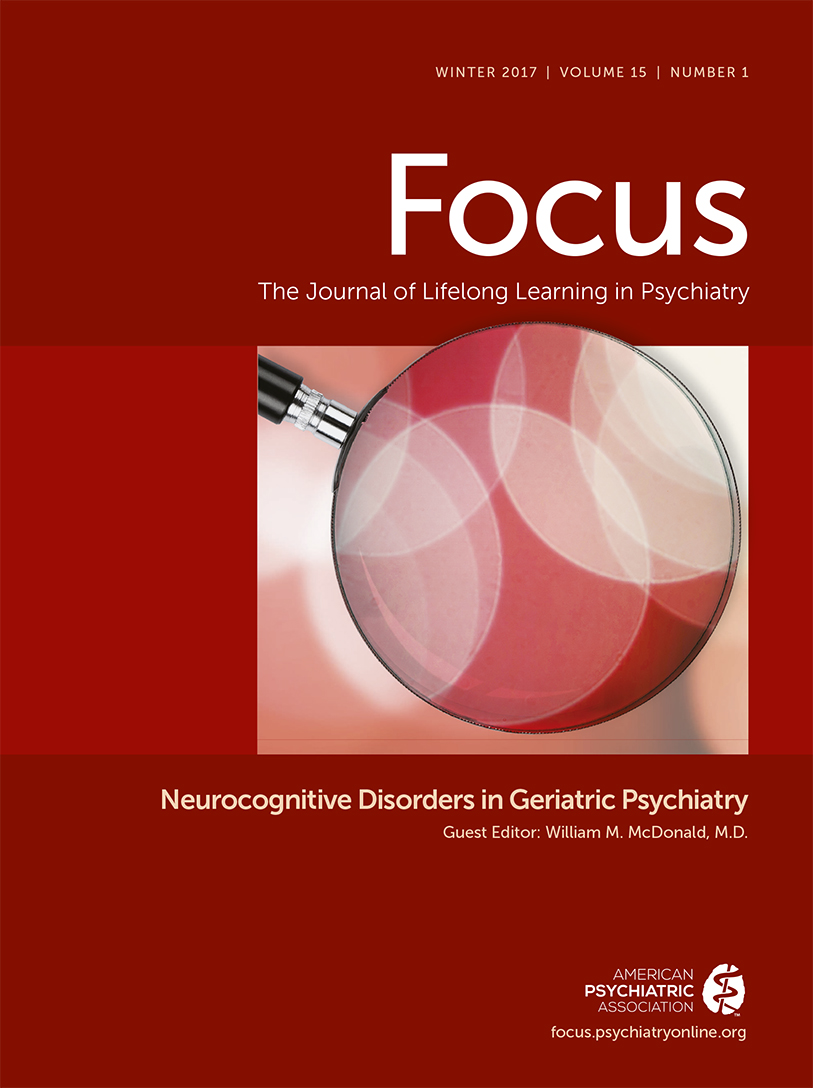Overlay of Late-Life Depression and Cognitive Impairment
Abstract
This article appraises several facets of the linkage between depression and cognitive impairment, including dementia, mild cognitive impairment, and vascular dementia. Potential mechanisms for this association are examined. This review was crafted to be extensive but not exhaustive. The authors searched PubMed, using the terms depression, late-life depression, cognitive impairment, and dementia. Articles included are seminal articles from the field as well as representative, heuristic studies. A link between depression and cognitive impairment was found. Depression likely serves as both a risk factor and a prodromal symptom of dementia. Mechanisms whereby depression could induce cognitive impairment include hippocampal atrophy, alterations in glucocorticoid secretion, cerebrovascular compromise, deposition of β-amyloid plaques, chronic inflammation, apolipoprotein E status, and deficits of nerve growth factors. This article will benefit the practicing clinician by increasing awareness of the links between depression and dementia and encouraging greater emphasis on screening for cognitive impairment among individuals with depression or a history of depression.



